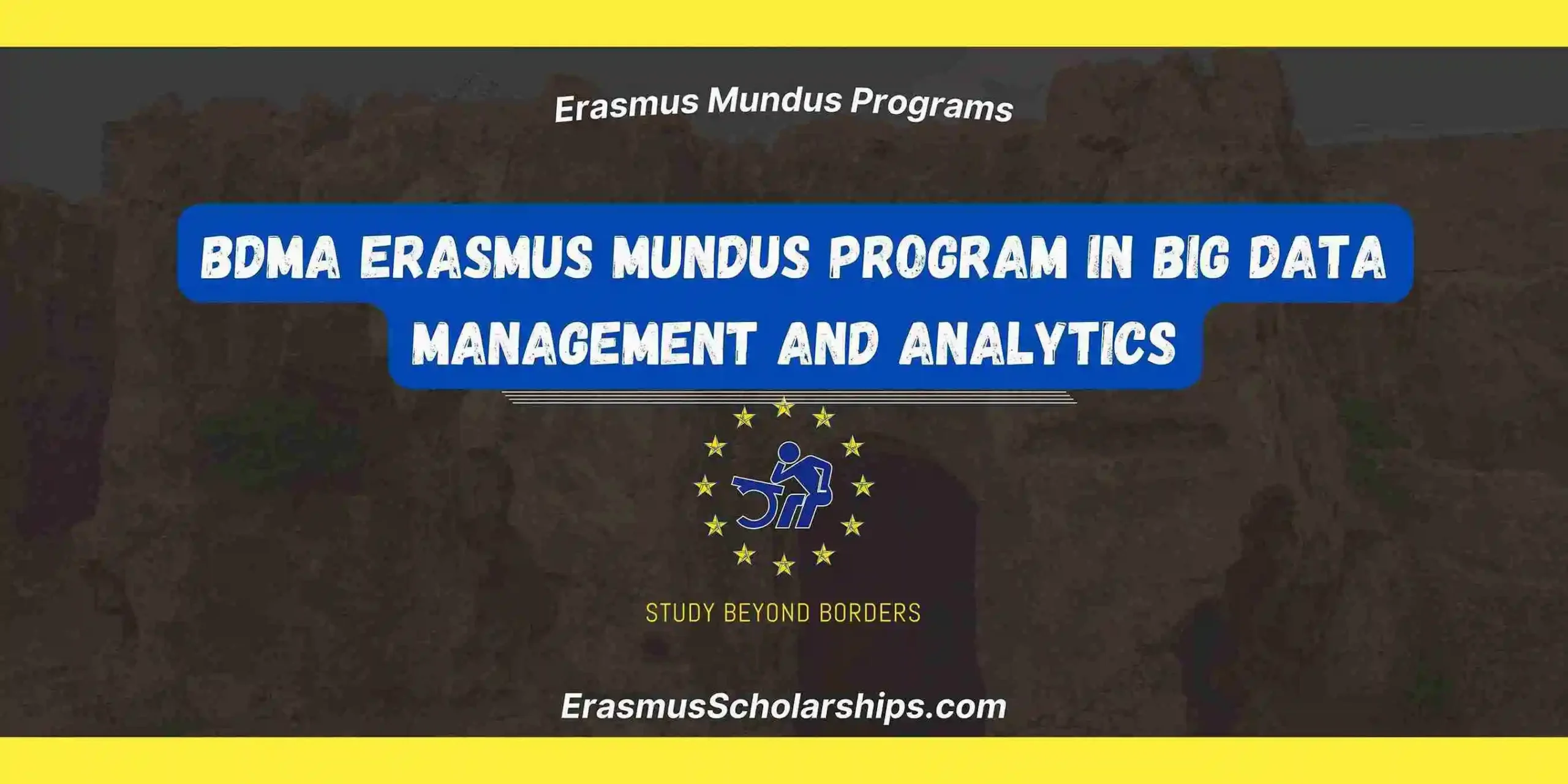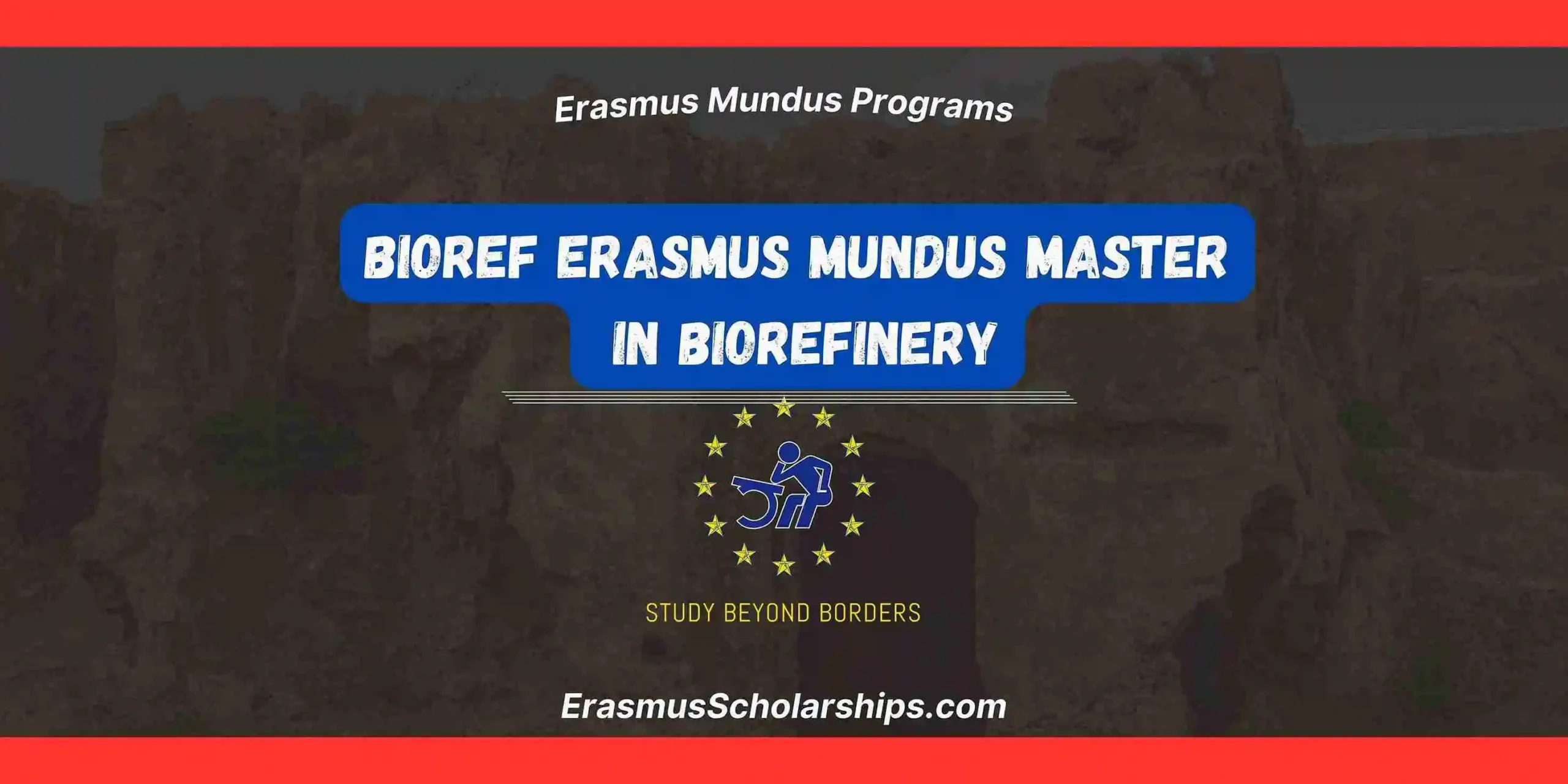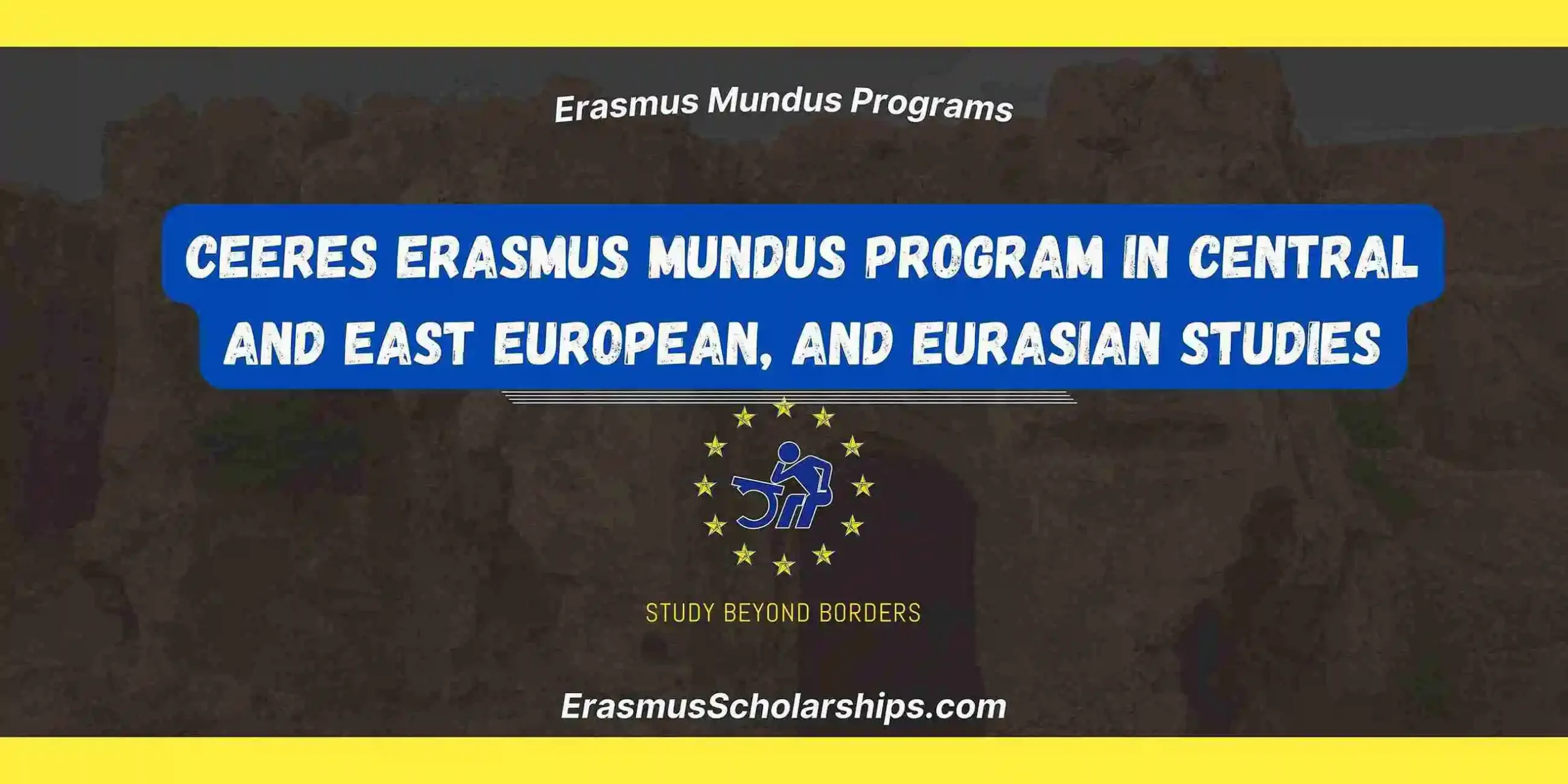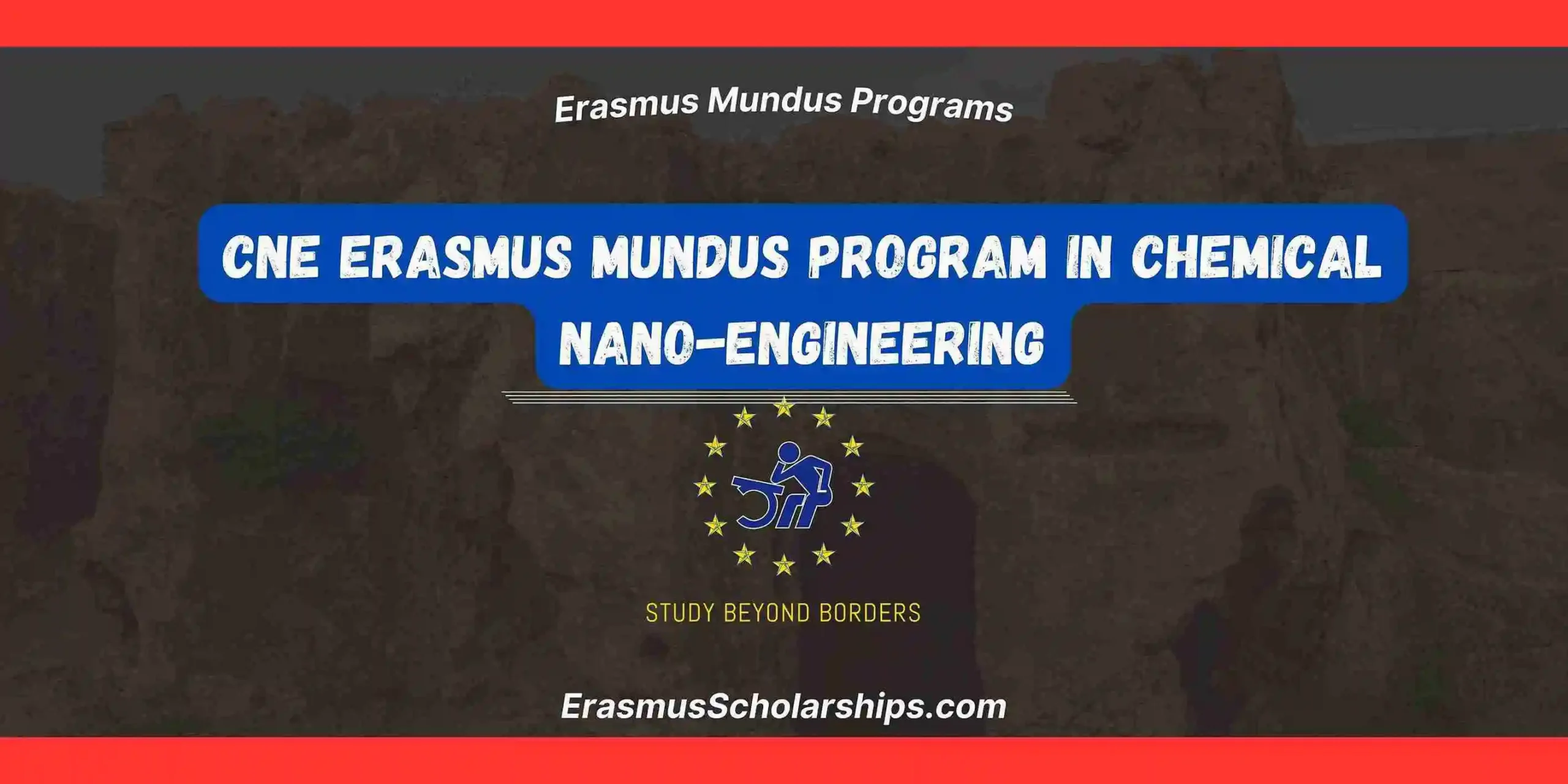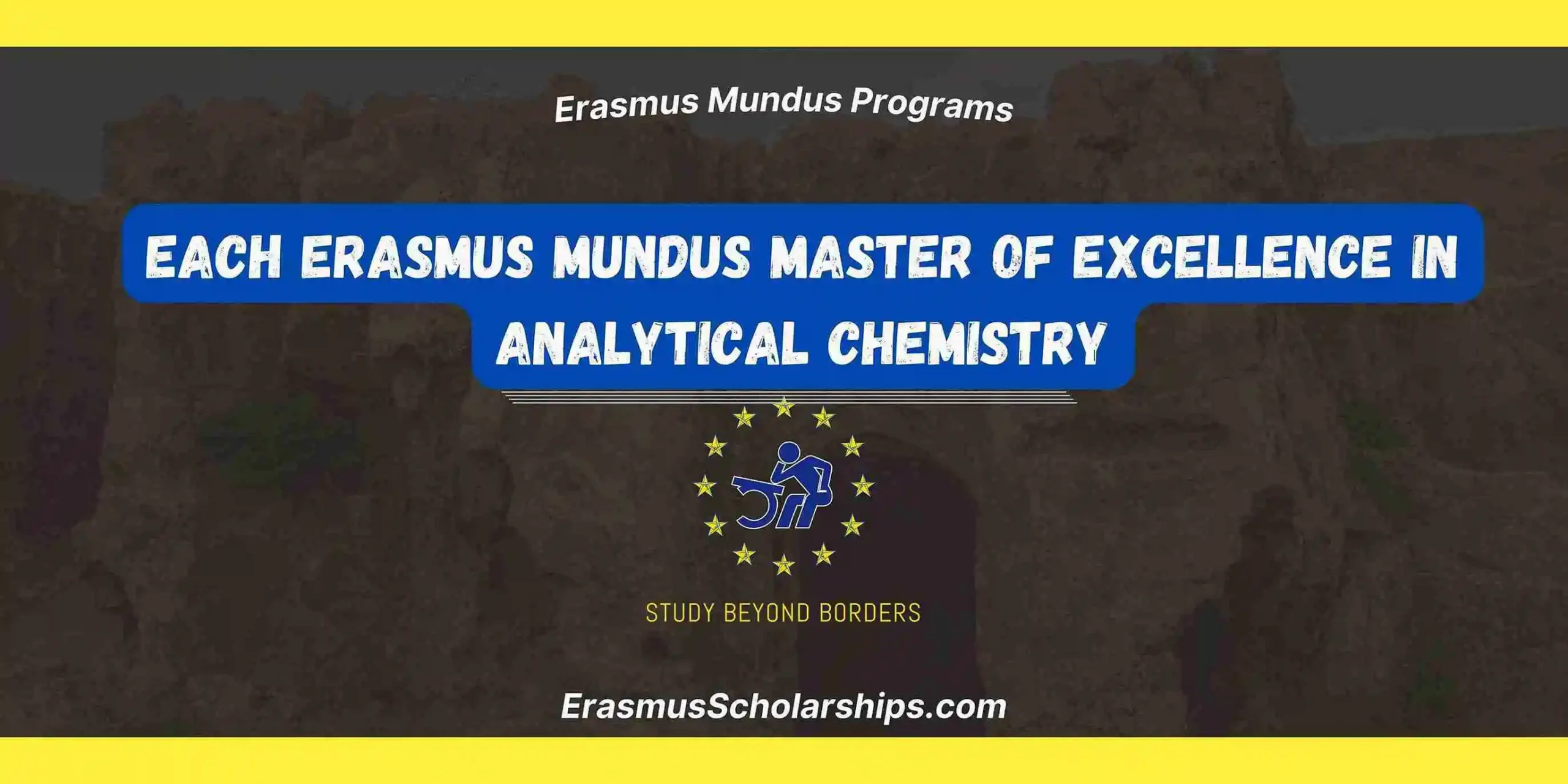The SPOT Erasmus Mundus programme is a unique, two-year, Erasmus+ Joint Master’s degree in Social Psychology of Transformation. Designed to train a new generation of psychologists as both practitioners and researchers, it emphasizes transformative leadership, conflict & cooperation, and environmental psychology. Across its duration, students earn a joint European degree by studying at several leading universities, benefiting from a co-taught curriculum delivered by seven partner institutions across Europe.
By combining rigorous academic theory with real-world internship and civic opportunities, SPOT equips graduates to engage with contemporary social challenges, empowering them to become pioneers of positive social change across diverse societies.
Project Status
- Status: Ongoing
- Start date: 01-09-2024
- End date: 31-10-2030
- Action Type: Erasmus Mundus Joint Master
- Universities Involved
- Countries Involved
The SPOT Erasmus Mundus program offers students the opportunity to study at seven top-tier universities across Europe.
| International Psychoanalytic University Berlin |
| Iscte – Instituto Universitário de Lisboa |
| TALLINN UNIVERSITY |
| UNIVERSITA DEGLI STUDI DI PADOVA |
| UNIVERZITET U BANJOJ LUCI |
| UNIVERZITET U NISU |
| UNIVERSITY OF SARAJEVO |
| Germany |
| Italy |
| Portugal |
| Estonia |
| Serbia |
| Bosnia and Herzegovina |
This cross-border collaboration allows students to gain an international perspective while studying and researching in the heart of Europe’s academic and industrial hubs.
Description of the SPOT Erasmus Mundus Program
The SPOT Erasmus Mundus programme immerses students in social psychological theories and applied practices for social transformation. Students rotate across partner universities, gaining exposure to diversified environments and collaborative, cross-border research. It aims to develop socially aware psychologists ready to tackle societal, organisational, and environmental challenges through applied science and international collaboration.
Key features of the SPOT Erasmus Mundus Program
- Study across at least three countries, earning 120 ECTS in total.
- Co-teaching and cross-institutional modules focused on leadership, conflict, and sustainability.
- Student-led summer school focused on digital transformation and sustainability.
- Guaranteed 20 ECTS internship placements in Serbia or Bosnia and Herzegovina—and possibility to choose others.
- Master’s thesis with dual supervision and final defense.
Mobility tracks of the SPOT Erasmus Mundus Program
- Semester 1: IPU Berlin (Germany)—foundational modules & research methods
- Semester 2: ISCTE Lisbon (Portugal)—advanced modules on socio-environmental issues
- Semester 3: University of Padua (Italy)—cross-cultural organisational psychology
- Summer School: Online and self-organised among partner universities
- Internship (20 ECTS): Bosnia and Herzegovina or Serbia, supervised in local NGOs/institutions
- Final Semester: Thesis work under co-supervision, with defense across universities
Admission Requirements
- Bachelor’s degree in psychology (180 ECTS, with ≥100 ECTS in psychology)
- English proficiency: CEFR C1 written and spoken
- International applicants must apply via Uni‑Assist (for German validation)
- Internship or volunteer experience in psychology or civic engagement is a strong plus
- Strong academic record (GPA-based scoring up to 70 points + relevant experience up to 30 points)
- Motivation letter, CV with relevant experiences, passport copy, proof of residency (if applicable), or employment proof
How to apply for SPOT Erasmus Mundus Program
- Prepare your digital documentation (transcripts, degree certificates, proof of English, CV, motivation letter).
- Apply online via the Uni‑Assist platform. International applicants must be approved by this service.
- Shortlisted candidates may be interviewed or asked for additional documents.
- Await selection results. The programme is merit-based, funded by Erasmus+ scholarships.
Tips to win the SPOT Erasmus Mundus Program
- Highlight internship or volunteer experience in psychology or social causes
- Emphasize commitment to social change and transformative leadership
- Demonstrate your academic strengths in psychology and your adaptability
- Strengthen your application by showcasing civic engagement or research interest in societal issues
Application Timeline
The exact dates fluctuate yearly, but generally:
- Applications open in September–November
- Deadlines around February
- Decisions by spring, with classes starting in the following academic year
Curriculum Structure of the SPOT Erasmus Mundus Program
The curriculum blends core modules on social transformation, conflict & cooperation, and environmental psychology, along with track-specific electives. Delivered across partner universities, the final semester is dedicated to thesis and internship projects.
Details of the course curriculum can be found here:
Coordinator Contact
For coordination and administration queries, consult the programme coordinators here:
- Email: contact@spot-psychology.eu
Alumni Feedback
Graduates praise SPOT for its international exposure, practical experience, and diverse academic community. Career paths post-graduation include educational psychology, clinical roles, organisational consulting, psychosocial counselling, and doctoral studies.
Frequently Asked Questions (FAQs)
What is the SPOT Erasmus Mundus Program?
A two-year, Erasmus‑funded Joint Master’s in Social Psychology of Transformation across seven European universities.
Who can apply to the SPOT Erasmus Mundus Program?
Holders of a bachelor’s degree in psychology (180 ECTS, with ≥100 in psychology), C1 English, and ideally with practical experience or civic engagement.
How do I apply for the SPOT Erasmus Mundus Program?
Apply online via Uni‑Assist, submitting required documents, transcripts, CV, language proof, and motivation letter.
What makes the SPOT Erasmus Mundus Program stand out?
Its co-taught, multi-country structure, integrated internships, and focus on transformative social change.
When are applications for the SPOT Erasmus Mundus Program open?
Typically in autumn, with deadlines early in the year and results by spring. Check the official site for precise dates.
What are the career prospects after completing the SPOT Erasmus Mundus Program?
Alumni pursue roles in educational, organisational, clinical, counselling psychology, and academia.



